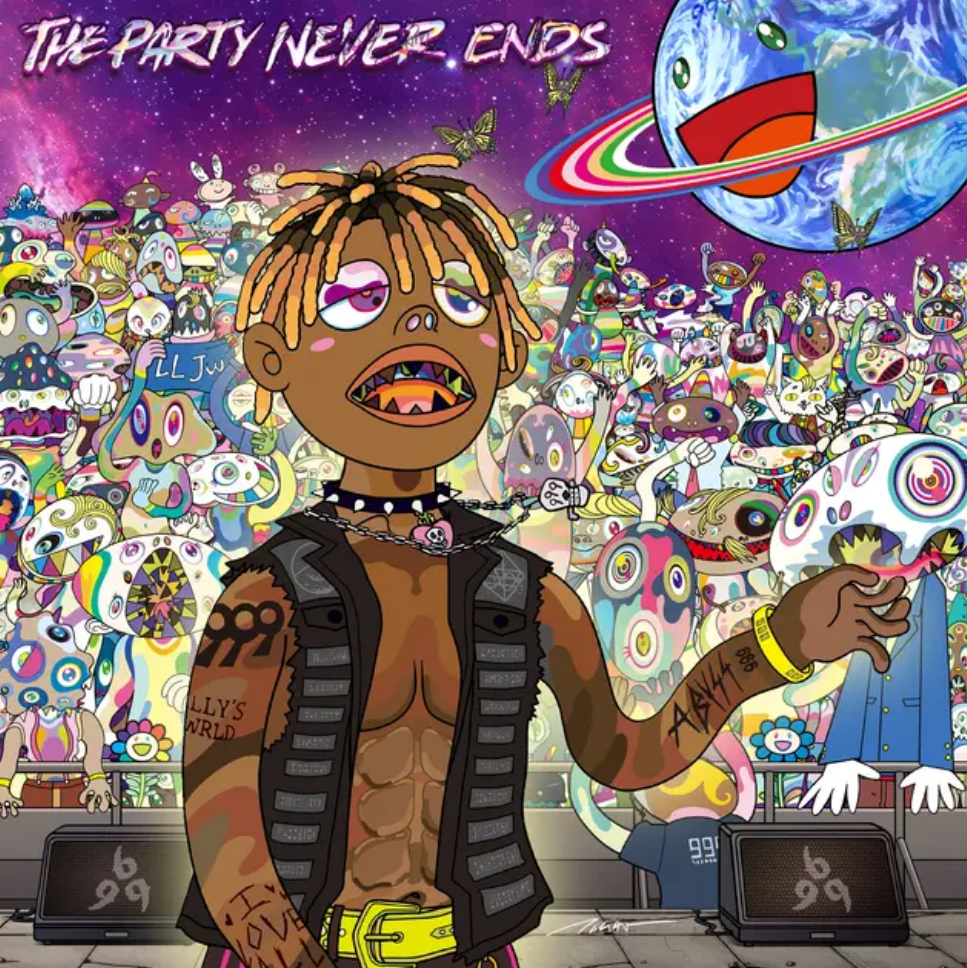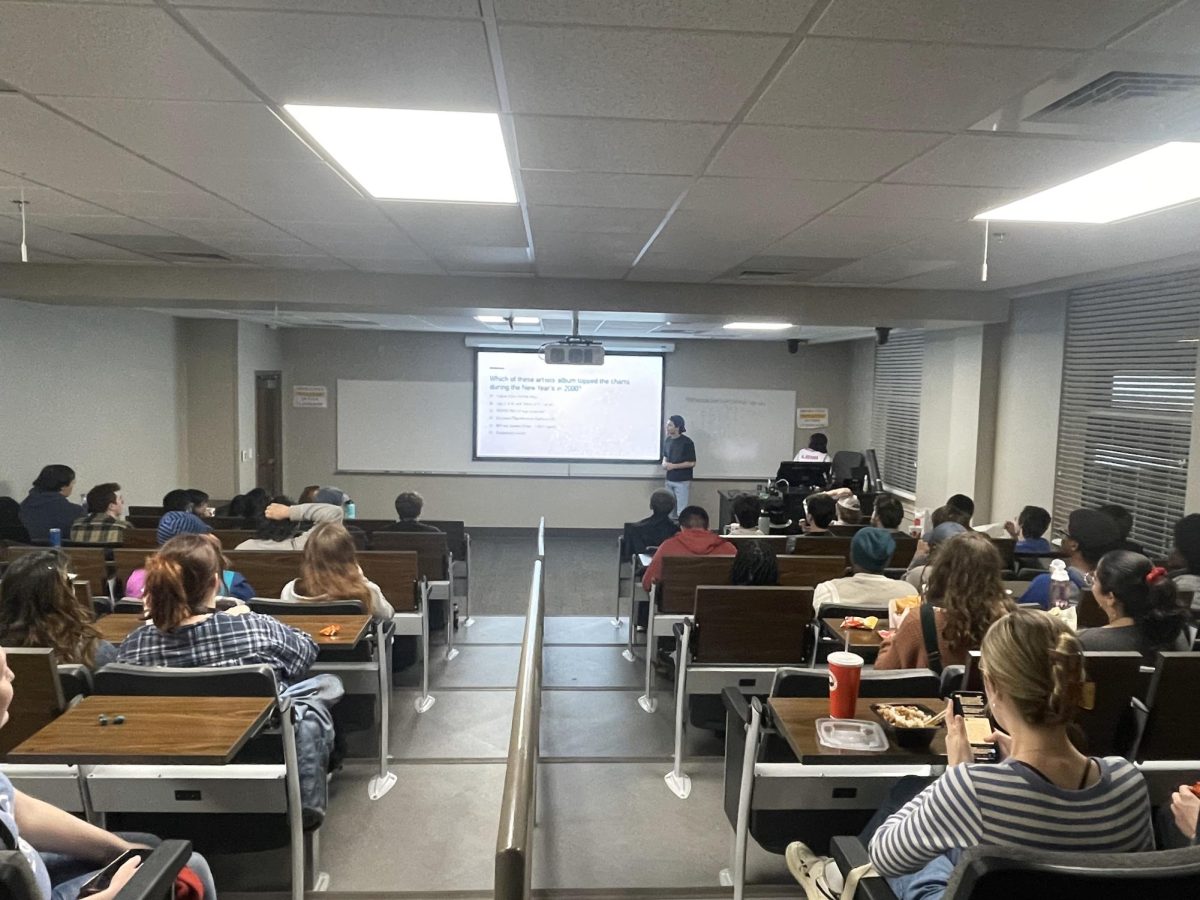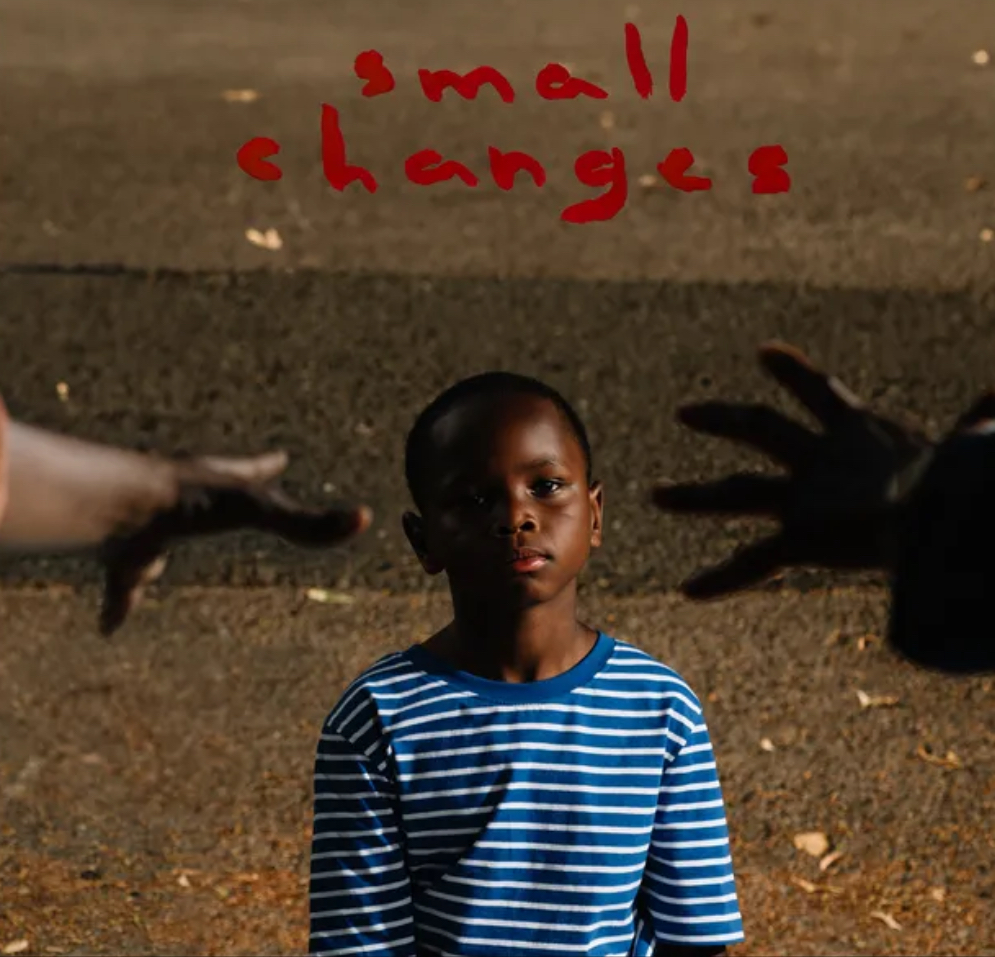“Born Free” is a great single. Built around a sample of the song “Ghost Rider” by legendary no wave band Suicide, the track’s diabolical punk grind is well-suited to MIA’s confrontational lyrics. Both instrumentation and lyrics work well with her airily fervent vocal delivery, especially during the effervescent chorus. Delivered with electric zeal, MIA (born Maya Arulpragasam) pulls off an aggressive, stylish anthem. Unfortunately, it’s not the single that has yielded the loudest MIA buzz as of late.
The 9-minute minifilm that serves as music video for “Born Free” depicts a SWAT-like operation in which a redheaded man is plucked from a dilapidated tenement at gunpoint, transported alongside other redheads via jail bus to the desert, and viciously beaten, shot and blown up, as the sun sinks toward the horizon.
One particularly jarring scene involves the point-blank execution of a young redheaded boy by way of a bullet through the head, in a manner pretty clearly alluding to Eddie Adam’s famous Vietnam photograph of the execution of a suspected Viet Cong man. The scene’s detail is explicit; slow motion highlights the gore. Moments later another young redhead runs over a land mine and graphically explodes, chunks of meat visibly soaring through the air.
No one could’ve been too surprised when Universal Music Group instantly banned the video from YouTube. For her part, Maya threw what might be termed a Twitter tantrum, cursing the label in declarative upper-case lettering, and offering a link to the uncut video hosted on her website.
The controversy surrounding the video, which was basically tailor-made to wreak havoc, was nothing compared to the peculiar “feud” Maya initiated last week with journalist Lynn Hirschberg, whose profile of the artist had just been published in New York Times Magazine. Maya, ostensibly enraged by Hirschberg’s portrayal, again took to Twitter, where she posted Hirschberg’s personal phone number as her own, asking fans to call and discuss the article. Needless to say this resulted in Hirschberg’s phone being inundated by thousands of calls until the number was disconnected.
Soon after, Hirschberg provided a brief, deadpan statement in which she called Maya’s actions “unethical” and “unsurprising.” That should’ve been the end of it, but on June 1 Maya released a sparsely produced diss track on her website entitled “I’m a Singer.”
It doesn’t take much to cast a cynical gaze on these two recent tumults, and assume Maya’s trying to stir up some old-fashioned controversy leading into the release of her upcoming album “///Y/” (that spells MAYA, if you didn’t catch it), due in July.
Such stunts are so routine in the entertainment industry that only the most delusional idealist might take fault. Yet this particular case is fishier than usual, especially for someone whose posturing exploits issues that actually matter quite a bit—ethnic cleansing and genocide, for example.
Not that the “Born Free” video isn’t a legitimate, powerful sociopolitical commentary. In many ways it is. Notable director Romain Gavras—who more or less conceived and executed the minifilm with little input from Maya herself—effectively challenges the viewer by re-contextualizing modern genocide in an American setting. Aside from pointing out the absurd, arbitrary nature of ethnic conflict, the video is particularly evocative in light of Arizona’s recent immigration law, and amid still-lingering memories of the torture at Abu Ghraib.
Certainly the common knowledge of Maya’s formative years as an ethnic Tamil in war-torn Sri Lanka lends weight to the video’s violent depictions. Regardless, everything feels somewhat hollowed by the way she has co-opted that personal history, twisting it over the years into her own stylish version of radical chic.
Which brings up the Hirschberg article, in my view a pretty well-researched and reasonable assessment of the particular paradox of MIA: the tension between radical political heritage and contemporary superstar lifestyle. Hirschberg notes several factual inconsistencies with the media image Maya portrays, including a few concerning her past.
For instance, though her father was a radical Tamil activist, he was never a member of the terrorist organization the Tamil Tigers, a rumor she often embraced, and one she has recently flip-flopped on. Indeed, Hirschberg appropriately raises moral questions about Maya’s espoused political stances.
It’s worth noting that Maya’s public posting of the phone number was petty at best, and actually much closer to “unethical,” as Hirschberg said. The decision to create and release “I’m a Singer” was similarly lacking in good judgment, as if the incident wasn’t already egregiously uncalled for. Musically and conceptually, the song is neither well-developed nor particularly interesting. Unsurprising considering Maya must’ve thrown it together over the few days following the initial conflict.
MIA’s public identity is clearly one in which posh celebrity and radical politicizing are inextricable. Such contradictions, if nothing else, make for a compelling pop artist who’s as human as anyone, despite the always-dangerous nature of political oversimplification. And looking past all the recent hoopla, whether manufactured or not, “Born Free” itself is a great tune. Exercise your radical imperative and go download it for free.









